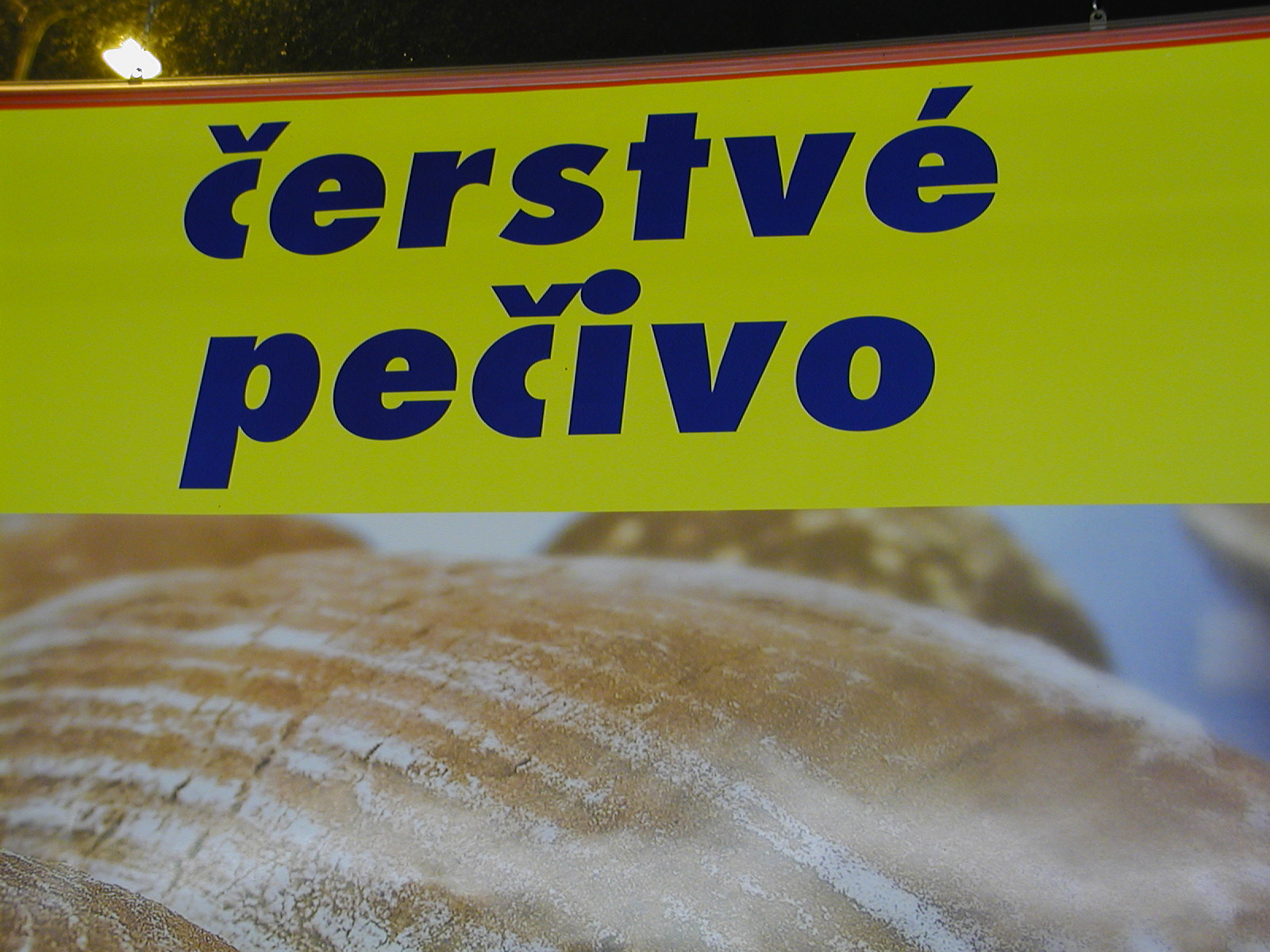|
Pseudo-anglicism
A pseudo-anglicism is a word in another language that is formed from English elements and may appear to be English, but that does not exist as an English word with the same meaning. For example, English speakers traveling in France may be struck by the "number of anglicisms—or rather words that look English—which are used in a different sense than they have in English, or which do not exist in English (such as ''rallye-paper'', ''shake-hand'', ''baby-foot'', or ''baby-parc'')". This is different from a false friend, which is a word with a cognate that has a different main meaning. Sometimes pseudo-anglicisms become false friends. Definition and terminology Pseudo-anglicisms are also called secondary anglicisms, false anglicisms, or pseudo-English. Pseudo-anglicisms are a kind of lexical borrowing where the ''source'' or ''donor language'' is English, but where the borrowing is reworked in the ''receptor '' or ''recipient language''. The precise definition varies. Duckwort ... [...More Info...] [...Related Items...] OR: [Wikipedia] [Google] [Baidu] |
False Friend
In linguistics, a false friend is either of two words in different languages that look or sound similar, but differ significantly in meaning. Examples include English ''embarrassed'' and Spanish ''embarazada'' 'pregnant'; English ''parents'' versus Portuguese ''parentes'' and Italian ''parenti'' (both meaning 'relatives'); English ''demand'' and French ''demander'' 'ask'; and English ''gift'', German ''Gift'' 'poison', and Norwegian ''gift'' 'married'. The term was introduced by a French book, ''Les faux amis: ou, Les trahisons du vocabulaire anglais'' (''False friends, or, the betrayals of English vocabulary''), published in 1928. As well as producing completely false friends, the use of loanwords often results in the use of a word in a restricted context, which may then develop new meanings not found in the original language. For example, ''angst'' means 'fear' in a general sense (as well as 'anxiety') in German, but when it was borrowed into English in the context of ps ... [...More Info...] [...Related Items...] OR: [Wikipedia] [Google] [Baidu] |
Dinner Jacket
Black tie is a semi-formal Western dress code for evening events, originating in British and American conventions for attire in the 19th century. In British English, the dress code is often referred to synecdochically by its principal element for men, the dinner suit or dinner jacket. In American English, the equivalent term tuxedo (or tux) is common. The dinner suit is a black, midnight blue or white two- or three-piece suit, distinguished by satin or grosgrain jacket lapels and similar stripes along the outseam of the trousers. It is worn with a white dress shirt with standing or turndown collar and link cuffs, a black bow tie, typically an evening waistcoat or a cummerbund, and black patent leather dress shoes or court pumps. Accessories may include a semi-formal homburg, bowler, or boater hat. For women, an evening gown or other fashionable evening attire may be worn. The first dinner jacket is traditionally traced to 1865 on the then Prince of Wales, later Ki ... [...More Info...] [...Related Items...] OR: [Wikipedia] [Google] [Baidu] |
Table Football
Table football, also known as foosball, table soccer, futbolito in Mexico, Taca Taca in Chile and Metegol in Argentina is a table-top game that is loosely based on association football. The aim of the game is to move the ball into the opponent's goal by manipulating rods which have figures attached. Although rules often vary by country and region when the game is played casually, at the competitive level table soccer is played according to a unified code. History Patents for similar table games date back as early as the 1890s in Spain, Europe. However, foosball's origins go back to 1921, when Harold Searles Thornton from the United Kingdom patented the game as "Apparatus for playing a game of table football". Thornton invented a football game that people could play in their homes due to the popularity of association football in Europe. The game adopted the name foosball in the United States via German imports that called it "tischfußball" ( "table football"). Its design in ... [...More Info...] [...Related Items...] OR: [Wikipedia] [Google] [Baidu] |
French Language
French ( or ) is a Romance languages, Romance language of the Indo-European languages, Indo-European family. It descended from the Vulgar Latin of the Roman Empire, as did all Romance languages. French evolved from Gallo-Romance, the Latin spoken in Gaul, and more specifically in Northern Gaul. Its closest relatives are the other langues d'oïl—languages historically spoken in northern France and in southern Belgium, which French (Francien) largely supplanted. French was also substratum, influenced by native Celtic languages of Northern Roman Gaul like Gallia Belgica and by the (Germanic languages, Germanic) Frankish language of the post-Roman Franks, Frankish invaders. Today, owing to France's French colonial empire, past overseas expansion, there are numerous French-based creole languages, most notably Haitian Creole language, Haitian Creole. A French-speaking person or nation may be referred to as Francophone in both English and French. French is an official language in ... [...More Info...] [...Related Items...] OR: [Wikipedia] [Google] [Baidu] |
Romance Languages
The Romance languages, sometimes referred to as Latin languages or Neo-Latin languages, are the various modern languages that evolved from Vulgar Latin. They are the only extant subgroup of the Italic languages in the Indo-European language family. The five most widely spoken Romance languages by number of native speakers are Spanish (489 million), Portuguese (283 million), French (77 million), Italian (67 million) and Romanian (24 million), which are all national languages of their respective countries of origin. By most measures, Sardinian and Italian are the least divergent from Latin, while French has changed the most. However, all Romance languages are closer to each other than to classical Latin. There are more than 900 million native speakers of Romance languages found worldwide, mainly in the Americas, Europe, and parts of Africa. The major Romance languages also have many non-native speakers and are in widespread use as linguae francae.M. Paul Lewis,Summ ... [...More Info...] [...Related Items...] OR: [Wikipedia] [Google] [Baidu] |
Salaryman
In Japan, a is a salaried worker. In Japanese popular culture, this is embodied by a white-collar worker who shows overriding loyalty and commitment to the corporation where he works. Salarymen are expected to work long hours, to put in additional overtime, to participate in after-work leisure activities such as drinking, singing karaoke and visiting hostess bars with colleagues, and to value work over all else. The salaryman typically enters a company after graduating from college and stays with that corporation for the duration of his career. Other popular notions surrounding salarymen include karōshi, or death from overwork. In conservative Japanese culture, becoming a salaryman is the expected career choice for young men and those who do not take this career path are regarded as living with a stigma and less prestige. On the other hand, the word ''salaryman'' is sometimes used with derogatory connotation for his total dependence on his employer and lack of individual ... [...More Info...] [...Related Items...] OR: [Wikipedia] [Google] [Baidu] |
Japanese Language
is spoken natively by about 128 million people, primarily by Japanese people and primarily in Japan, the only country where it is the national language. Japanese belongs to the Japonic or Japanese- Ryukyuan language family. There have been many attempts to group the Japonic languages with other families such as the Ainu, Austroasiatic, Koreanic, and the now-discredited Altaic, but none of these proposals has gained widespread acceptance. Little is known of the language's prehistory, or when it first appeared in Japan. Chinese documents from the 3rd century AD recorded a few Japanese words, but substantial Old Japanese texts did not appear until the 8th century. From the Heian period (794–1185), there was a massive influx of Sino-Japanese vocabulary into the language, affecting the phonology of Early Middle Japanese. Late Middle Japanese (1185–1600) saw extensive grammatical changes and the first appearance of European loanwords. The basis of the standard dial ... [...More Info...] [...Related Items...] OR: [Wikipedia] [Google] [Baidu] |
Campsite
A campsite, also known as a campground or camping pitch, is a place used for overnight stay in an outdoor area. In British English, a ''campsite'' is an area, usually divided into a number of pitches, where people can camp overnight using tents, campervans or caravans; this British English use of the word is synonymous with the US English expression ''campground''. In American English, the term ''campsite'' generally means an area where an individual, family, group, or military unit can pitch a tent or park a camper; a campground may contain many campsites. There are two types of campsites: an impromptu area (as one might decide to stop while backpacking or hiking, or simply adjacent to a road through the wilderness), and a designated area with various facilities. Campgrounds The term ''camp'' comes from the Latin word ''campus'', meaning "field". Therefore, a campground consists typically of open pieces of ground where a camper can pitch a tent or park a camper. More ... [...More Info...] [...Related Items...] OR: [Wikipedia] [Google] [Baidu] |




